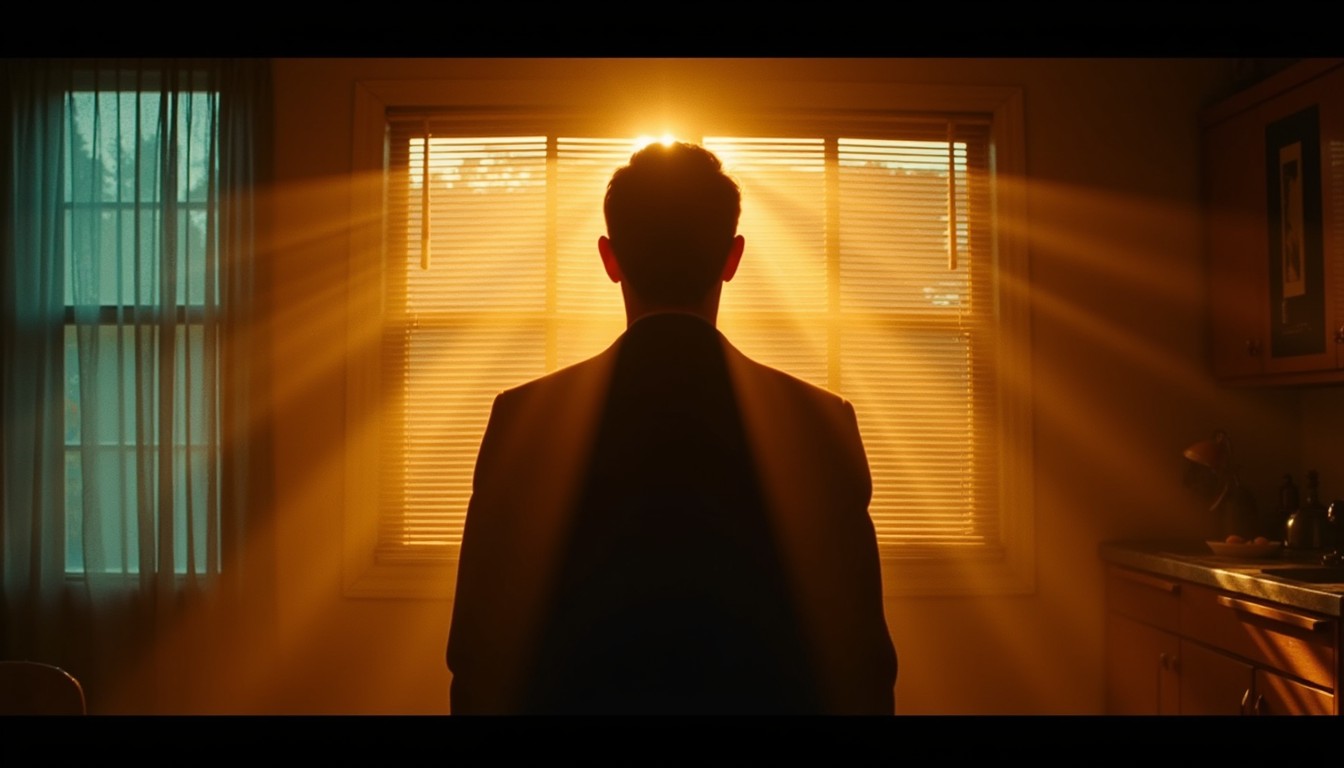Blindness Deafness 5e, Dungeons & Dragons 5th Edition (5e) is a game of imagination, strategy, and storytelling. But what happens when your character faces blindness or deafness? These conditions aren’t just mechanical penalties—they change how you experience the game. As someone who has played with (and as) characters with these disabilities, I’ve seen firsthand how they can deepen roleplay and challenge players in unexpected ways.
The Mechanics of Blindness and Deafness in D&D 5e
Before diving into the roleplaying aspect, let’s break down the rules:
Blindness in 5e
-
Attack Rolls: Blind creatures have disadvantage on attacks.
-
Defense: Attackers have advantage against them.
-
Vision-Based Checks: Automatically fail Perception checks relying on sight.
-
Spells & Effects: Some spells (like Darkness or Blindness/Deafness) impose blindness.
Deafness in 5e
-
Communication: Can’t hear verbal spells or warnings.
-
Sound-Based Checks: Fail Perception checks relying on hearing.
-
Spells & Effects: The Deafness spell or loud explosions can cause deafness.
These rules are straightforward, but the real challenge is playing them authentically.
A Real-Life Gaming Experience: Playing a Blind Character
A few years ago, I played a blind monk named Kael. Instead of treating blindness as a pure disadvantage, I worked with my DM to make it part of his story.
-
Heightened Senses: Kael used echolocation (like Daredevil) by tapping his staff. The DM allowed me to roll Perception with hearing instead of sight.
-
Trust-Based Roleplay: Kael relied on his party to describe surroundings, leading to tense moments when they forgot details.
-
Creative Problem-Solving: In combat, I had to imagine enemy positions based on sound, making battles feel more immersive.
This experience taught me that blindness in D&D isn’t just a penalty—it’s a different way of interacting with the world.
Deafness: The Silent Challenge
In another campaign, our rogue was hit with a Deafness spell during a stealth mission. Suddenly:
-
No Verbal Warnings: When an enemy crept up behind her, she couldn’t hear the party’s shouts.
-
Sign Language & Gestures: The party had to improvise hand signals, adding tension.
-
Spell Limitations: She couldn’t use verbal components, forcing her to rely on scrolls and items.
This temporary deafness made the game more intense and collaborative, proving that disabilities in D&D can enhance storytelling.
How to Roleplay Blindness & Deafness Without Frustration
Some players worry these conditions will ruin fun, but with the right approach, they can enrich the game:
For Blind Characters:
-
Use Other Senses: Describe smells, sounds, and vibrations.
-
Teamwork Matters: Allies can guide you, creating roleplay opportunities.
-
Homebrew Adjustments: Work with your DM for balanced abilities (e.g., blindsight at short range).
For Deaf Characters:
-
Non-Verbal Communication: Develop signals or written notes.
-
Creative Spellcasting: Focus on spells without verbal components.
-
Environmental Awareness: Watch for visual cues like footsteps or shadows.
Why These Conditions Matter Beyond the Game
As someone with a friend who’s visually impaired, I’ve seen how games can mirror real-life challenges. Playing a blind character made me more aware of how much we rely on sight—and how adapting can lead to new strengths.
Deafness, too, reminds us that communication isn’t just verbal. In one session, our party had to write notes mid-combat, making the game feel more realistic.
Final Thoughts: Turning Limitations into Stories
Blindness and deafness in D&D 5e aren’t just mechanical hurdles—they’re storytelling tools. Whether you’re a DM designing a blind NPC or a player experimenting with a deaf spellcaster, these conditions add depth, challenge, and realism to your game.
Have you ever played a character with blindness or deafness? Share your stories in the comments—I’d love to hear how you handled it!
You can read more about
The Placebo Definition & Effect : More Than Just “Fake Medicine”





